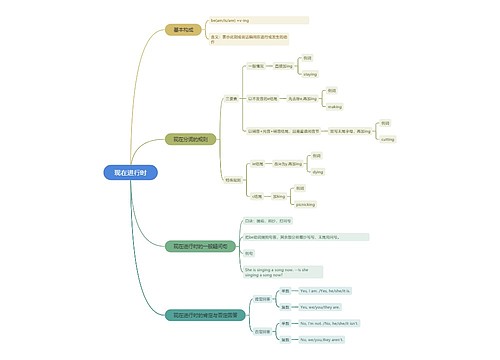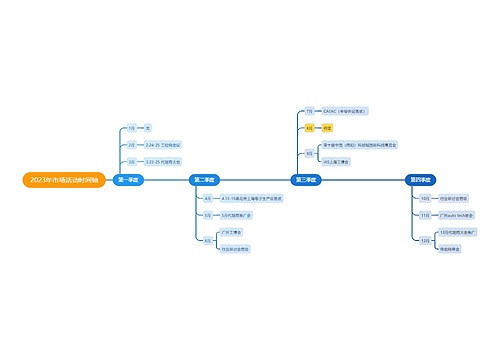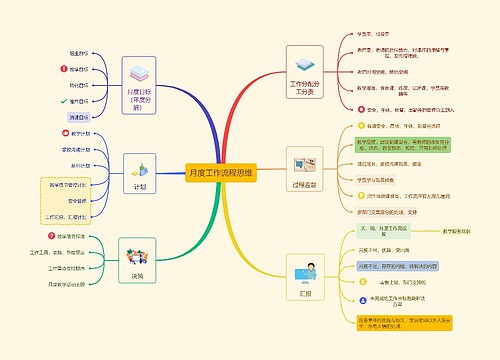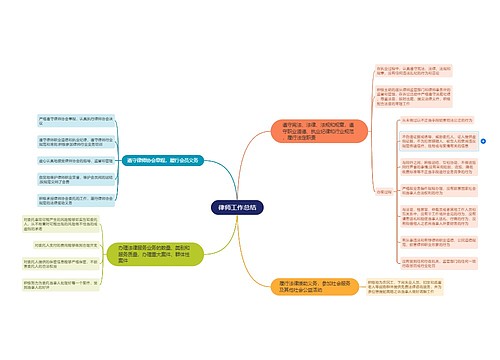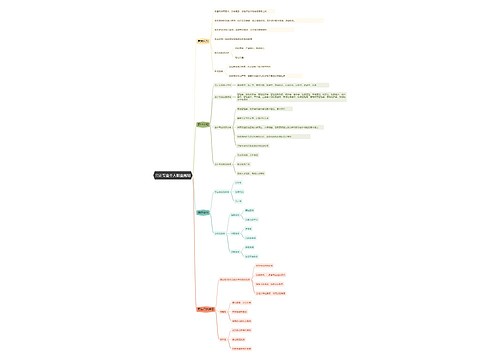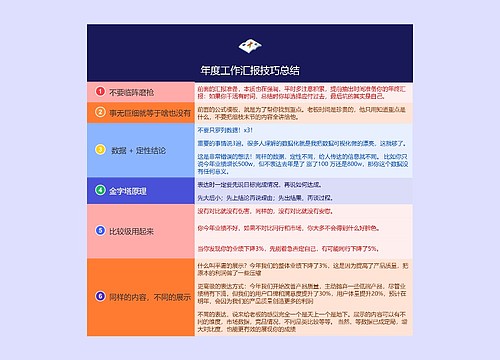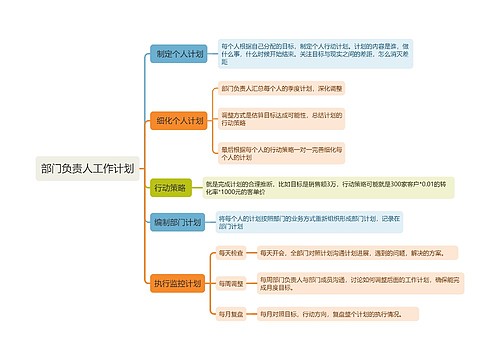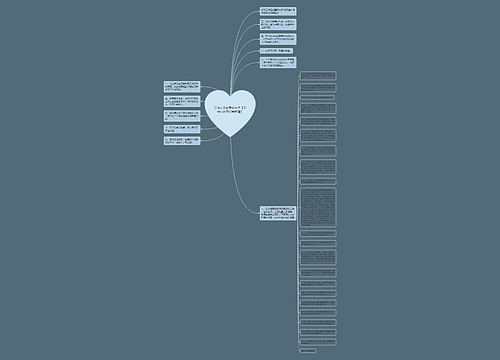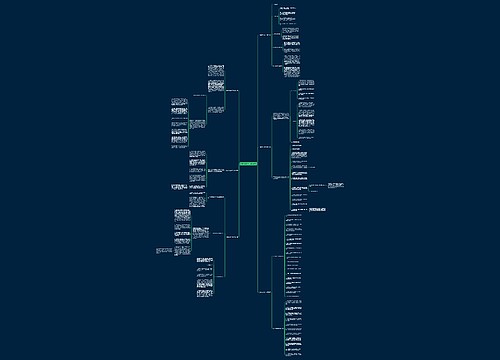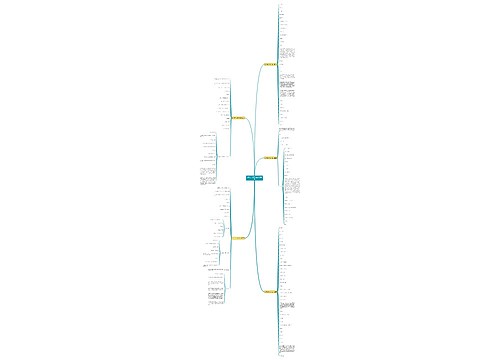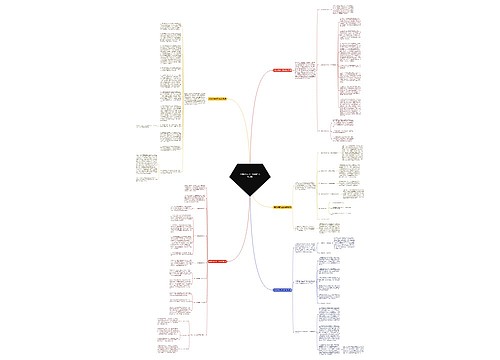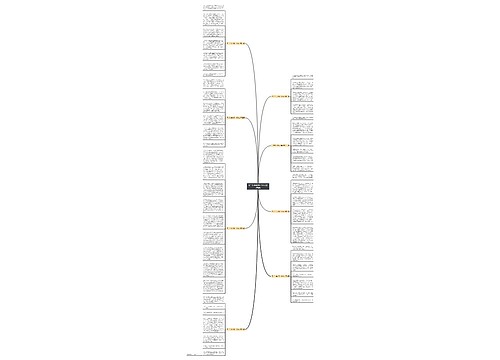People often make mistakes in automated out of office emails, which can make a bad impression, especially when there are basic spelling or grammatical errors, because these emails are often written at the last minute when you are in a hurry to leave the office, so here are some template messages that you may want to keep for future use. Thank you for your email. I am not in the office at the moment and will Replying on [● cordial greetings], XX, you have contacted [● I am not in the office at present.
Please refer all urgent matters to [● please], email address is as follows [● greetings], XXXXXX Thank you for your email. I will not be in the office until [● if you need urgent help, please contact my assistant [● via [phone number] or email [● greetings], XXXXXXXX thank you for your message. I am not in the office at present, and can only access the email intermittently in case of emergency treatment.
Please contact my assistant at [phone number] or email [● to With the most sincere regards, XXXXXX, thank you for your email. I am not in the office at present. If it is urgent, I will return on [● please call me [phone number] on my mobile phone or, please contact the following email address [● cordial greetings, XXXXXX] Thank you for your message.
Our office is closed today. [due to the national holiday, I will return to the office tomorrow. I will reply to your email as soon as possible.
I will give you my regards as soon as possible, XX bebeke.
中文翻译:
人们经常在自动外出邮件中出错这可能会给人留下不好的印象,尤其是在有基本拼写或语法错误的情况下,因为这类邮件往往是在您急着离开办公室的最后一刻写的,所以这里有一些您可能希望保留以备将来使用的模板消息谢谢您的电子邮件我目前不在办公室,将于【●亲切问候】回复,XX您已联系到【●我目前不在办公室,将于【●请将所有紧急事项转介至【●】,邮箱地址如下【●问候】,XXXXXX TAXX感谢您的电子邮件,我将不在办公室直到[●如果您需要紧急帮助,请通过[电话号码]或电子邮件[●问候与我的助理[●]联系,XXXXXXXX感谢您的留言我目前不在办公室,只有在需要紧急处理的情况下才可以断断续续地访问电子邮件请通过[电话号码]或电子邮件[●致以最诚挚的问候,XXXXXX感谢您的电子邮件我目前不在办公室,如果事情紧急,我将于[●返回,请用我的手机打电话给我[电话号码或者,请联系[●]以下电子邮件地址[●亲切问候,XXXXXX TAXX感谢您的留言我们的办公室今天关闭,[由于国定假日,我将于明天回到办公室,我会尽快回复您的电子邮件,我会尽快向您致意,XX贝贝克。

 U249128194
U249128194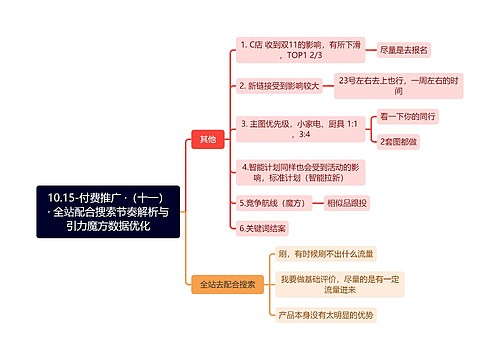
 U777967618
U777967618